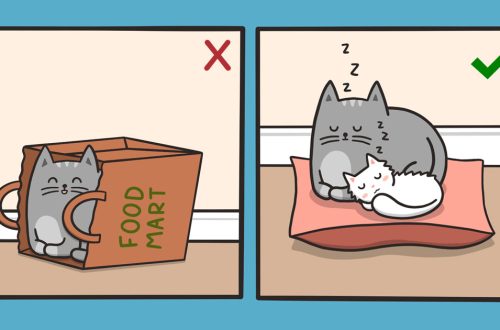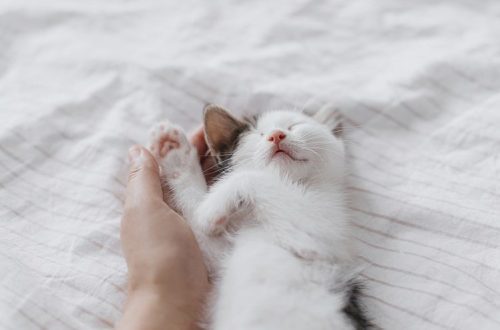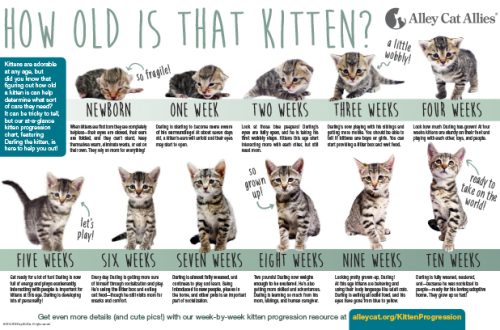
How to prepare a kitten for vaccination?
Vaccination is a necessary measure to protect the health of our pets. Despite the fact that most domestic cats do not leave the apartment during their lives, they can still contract serious infectious diseases. After all, you can bring the pathogen into the house on your own clothes or shoes, without knowing it. Once a kitten smells such clothes, the risk of infection skyrockets. Many infections without timely intervention lead to irreversible consequences, and there are also diseases that inevitably end in death (rabies). Therefore, it is not worth risking the health of your pet and neglecting vaccinations. However, to achieve the result, it is not enough just to take the pet for vaccination. First you need to properly prepare it. How to do it?
To answer this question, let’s remember what vaccination is. Vaccination is the introduction into the body of an antigen – a killed or weakened pathogen in order to teach the immune system to fight it. The immune system “learns” and “remembers” the antigen introduced into the body and produces antibodies to destroy it. Since the pathogen is weakened, infection does not occur through vaccination with normal immunity. But the antibodies developed against the antigen will remain in the body for some time, and if during this period a real (and not weakened or killed) virus or bacterium enters the body, the immune system will meet it with a powerful response and destroy it without allowing it to multiply. . You can read more about this in our article “”.

Already from this certificate, it is easy to guess that the key role is played not so much by the vaccine itself, but by immunity. If the immune system is weakened, it will not be able to adequately respond to the vaccine, i.e. correctly “process” the antigen. As a result, vaccination will either be useless, or the pet will get sick with the disease, the bacterium of which was introduced into the body.
This means that all measures to prepare for vaccination should be aimed at strengthening immunity. This is both proper nutrition and the absence of stress, as well as mandatory, which is carried out 10 days before vaccination. Why is it so necessary?
According to statistics, most domestic cats are infected with helminths. Worm infestation is an insidious disease that may not manifest itself for a long time. However, the “asymptomatic” invasion is only an illusion. Helminths are localized in a certain organ (or several), and the products of their vital activity gradually destroy this organ, and also weaken the immune system.
That is why deworming is necessary before vaccination. It is quite easy to carry it out, any novice owner can handle it, right at home. The cat is given an anthelmintic in a dose calculated in accordance with the weight of the pet according to the attached instructions, and that’s it! By the way, in our blog we talked about.
Immediately after deworming, it is advisable to introduce prebiotic drinks (for example, Viyo Reinforces) into the pet’s diet, which will remove toxins from the body resulting from the death of helminths and strengthen immunity (course: 2 weeks before vaccination). Prebiotic drinks will also be useful after vaccination – to help the body develop immunity to the antigen (the course is also 2 weeks).
Only clinically healthy animals with a strong immune system, the work of which is not undermined by any irritants, are allowed to be vaccinated. Even a mild upset stomach, a fever, or a cut on a paw is a reason to delay vaccination.
Are restrictions on food and drink required on the eve of vaccination? Contrary to popular belief, no. On the contrary, it is categorically not recommended to violate the pet’s feeding schedule so as not to create a stressful situation for him.

That’s all the basic rules you need to know. Choose a good veterinary clinic that uses high-quality European drugs, and go ahead to protect the health of your wards!





